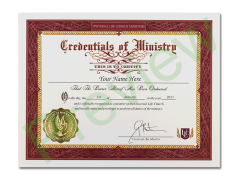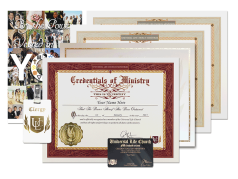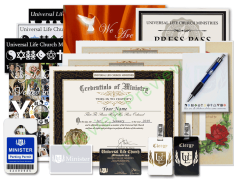Brandon Tollett

Phone
Experience
20 years, 0 months
Service Fee
$55
Payments Accepted
Cash, Check, Money Order, PayPal, Skrill, Stripe, Venmo
Travel Range
90 miles
About Me:
The role of a minister in a religious context is multifaceted, requiring a blend of spiritual, interpersonal, and organizational skills. Here are some key attributes and experiences that could make you a compelling candidate:
Faith and Commitment: A deep-rooted faith and a strong personal connection to the religious tradition you're representing are foundational. This commitment should be evident in your actions, words, and lifestyle.
Communication Skills: Effective communication is at the heart of ministerial work. You should be able to articulate complex theological concepts in a way that is accessible and relevant to diverse audiences. This includes preaching, teaching, counseling, and public speaking.
Empathy and Compassion: A minister often serves as a spiritual guide and counselor, requiring a high level of empathy and emotional intelligence. You should be able to listen actively, understand others' perspectives, and provide support and guidance in times of need.
Leadership and Management: A minister often leads a congregation or religious community, requiring strong leadership skills. You should be able to inspire and motivate others, manage conflicts, and oversee the day-to-day operations of the religious institution.
Theological Knowledge: A strong understanding of religious texts, traditions, and doctrines is essential. You should be able to interpret and apply these teachings in a way that is relevant and meaningful to contemporary life.
Ethical Integrity: As a spiritual leader, you should embody the values and principles you espouse, demonstrating honesty, integrity, and a commitment to ethical behavior.
Cultural Sensitivity: In an increasingly diverse and multicultural world, a minister should be sensitive to the cultural, social, and economic backgrounds of their congregation and community, fostering inclusivity and understanding.
Continuous Learning and Growth: Theological education is a lifelong process, and a commitment to ongoing learning, reflection, and personal growth is essential for effective




